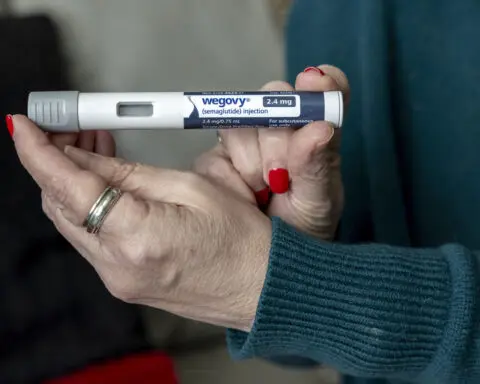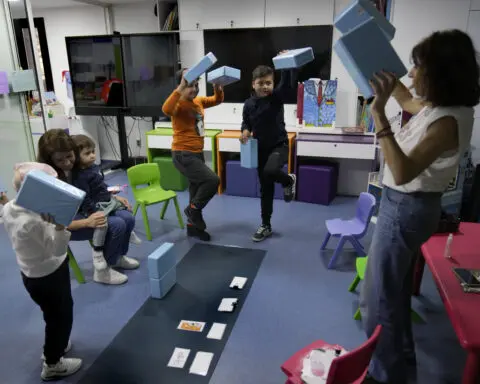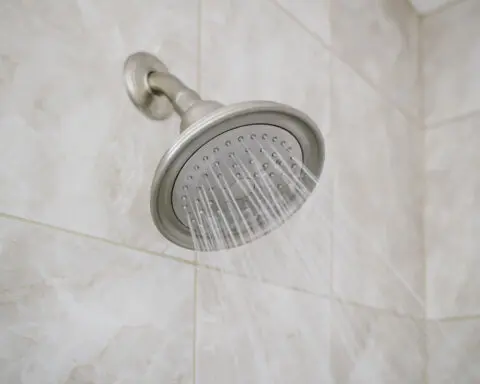“Bed rotting," the latest TikTok craze where stressed-out is when people stay in bed all day to decompress. While it might seem like a nice break, doctors say overdoing it could spell trouble,
The gist of bed rotting? Spending a whole day lounging in bed, supposedly to recharge and shake off stress. This lazy day trend has blown up on TikTok, with Gen Z especially loving the idea of a timeout from life's daily grind.
“In our society, there’s an emphasis on being productive,” says Laurence Chan, instructor of medical psychology at Columbia University. "Bed rotting might be one socially acceptable way to say that you need a time-out, and you're looking to recharge."
Taking a day off here and there is fine, but mental health professionals warn that too much bed rotting might be a red flag for serious problems. Figuring out if one is taking care of themselves going through depression isn't always clear-cut, says Stephanie Preston, who studies psychology at the University of Michigan.
Experts recommend moderation when it comes to bed rotting, according to TIME. Doing it once or twice a month to manage stress is likely fine, but multiple days per week could indicate anxiety or depression, especially if it impacts work, school, or basic hygiene.
“You’re not showering, you’re not brushing your teeth, you’re not putting on clean clothes—that’s when you might suspect depression,” said Preston.
The trend appears particularly popular with Generation Z, born between 1997-2012. Research shows this age group experiences higher anxiety levels on average, which may contribute to the appeal of extended bed rest.
However, Joe Dzierzewski of the National Sleep Foundation says that spending too much time in bed can disrupt sleep patterns. "Our nighttime sleep is heavily influenced by our daytime behaviors," said Dzierzewski. Excessive daytime bedtime can interfere with light exposure, exercise, and meal timing that support healthy sleep.
For those who participate in bed rotting, experts suggest stretching periodically, opting for a couch instead of a bed, connecting with friends, and setting time limits. Being mindful of social media use during these rest days is also advised.
While the desire to decompress is understandable, health professionals emphasize that prolonged avoidance of stressors through bed rotting can worsen anxiety and depression over time. Moving the body remains essential for both physical and mental well-being.
As burnout rates climb globally, the bed rotting trend highlights wider societal pressures and the need for balanced approaches to rest and productivity. Experts encourage those struggling with persistent fatigue or low mood to seek professional help rather than relying solely on social media trends for relief.

 Companies bolster currency hedges after Trump win as tariffs loom
Companies bolster currency hedges after Trump win as tariffs loom
 Texas PD confirms officer has died after foot chase, shooting
Texas PD confirms officer has died after foot chase, shooting
 Over 800 European financial groups deal with firms linked to Israeli settlements, NGOs say
Over 800 European financial groups deal with firms linked to Israeli settlements, NGOs say
 New Russian missile fired at Ukraine carried warheads without explosives, sources say
New Russian missile fired at Ukraine carried warheads without explosives, sources say
 Gazprom 2025 plan assumes no more transit via Ukraine to Europe, source says
Gazprom 2025 plan assumes no more transit via Ukraine to Europe, source says
 Wall Street banks get a lift from trading Israeli currency, bonds
Wall Street banks get a lift from trading Israeli currency, bonds
 PWHL New York Sirens' trajectory points up with addition of rookie star Sarah Fillier and new home
PWHL New York Sirens' trajectory points up with addition of rookie star Sarah Fillier and new home
 Lionel Messi has his new coach: Javier Mascherano's hiring by Inter Miami is now complete
Lionel Messi has his new coach: Javier Mascherano's hiring by Inter Miami is now complete
 Traffic citations against Dolphins' Tyreek Hill dismissed after officers no-show at hearing
Traffic citations against Dolphins' Tyreek Hill dismissed after officers no-show at hearing
 “Bed rotting," the latest TikTok craze where stressed-out is when people stay in bed all day to decompress.
“Bed rotting," the latest TikTok craze where stressed-out is when people stay in bed all day to decompress.






